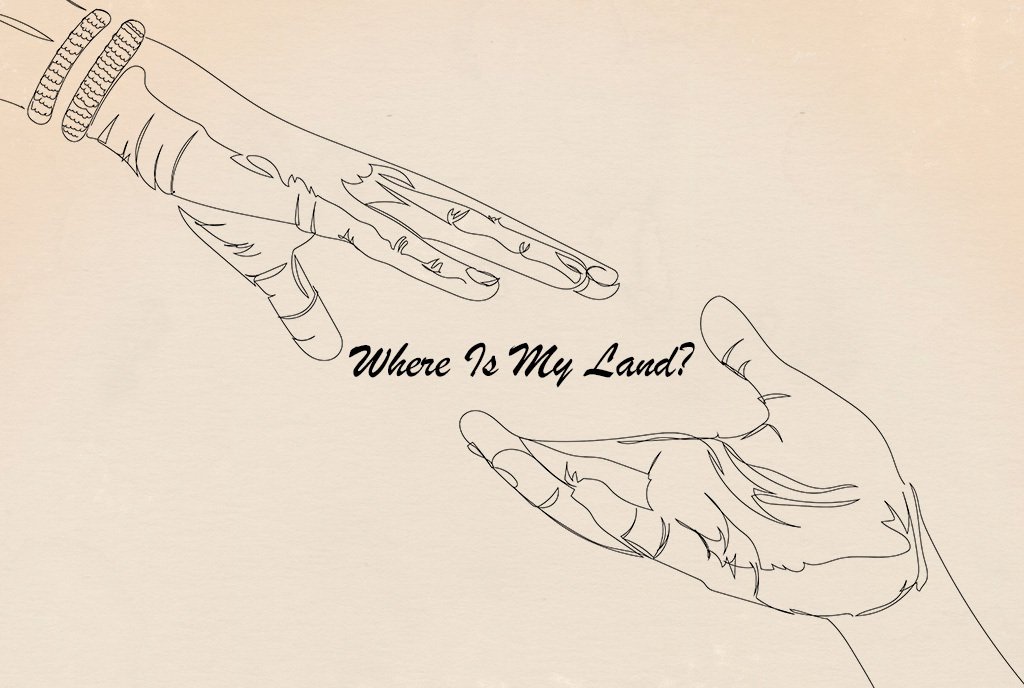
September 3, 2019; Vox
Sometimes, it is informative to reflect upon the original intent of the laws we live with to try to make sense of what looks like nonsense. So it is with the current shape of the US charitable tax deduction. An article in Vox looks into the history of this deduction and concludes that a ghost from the industrial age lurks in the roots of its current design, which continues to incentivize giving with tax breaks—but only for the richest.
A paper by Nicolas Duquette in Business History Review examines the policy history of the charitable deduction over the 102 years of its existence. It points out that the tax break was originally introduced specifically to encourage ongoing voluntary giving by rich industrialists. Philanthropy by the likes of Carnegie and Rockefeller, writes Duquette, actually preceded the 16th amendment that instituted the federal income tax. Lawmakers “saw philanthropists as a source of social capital that should be protected from the new tax on high incomes, lest the government find itself having to pay for programs philanthropy had previously funded voluntarily, out of the donors’ own pockets.” It did not address itself to providing incentives for charitable contributions by others.
At its inception, fewer than one percent of households were required to pay the federal income tax. Of course, that has since changed. Meanwhile, “the tax deduction for charitable giving got better for rich people while becoming increasingly inapplicable to everyone else.”
Sign up for our free newsletters
Subscribe to NPQ's newsletters to have our top stories delivered directly to your inbox.
By signing up, you agree to our privacy policy and terms of use, and to receive messages from NPQ and our partners.
Tax rates for the rich hit their zenith in the 1940s and 1950s, under Presidents Roosevelt, Truman and Eisenhower, but have eroded over recent years. Even as those rates have become a regressive travesty, the charitable tax break has remained—and become even more unbalanced, as we see the rate of giving from people with more modest means decline. Combined with the growing wealth gap, the result is a design that supports plutocracy and smothers the democratic impulse.
There is, of course, an off-the-shelf alternative in the universal charitable deduction, if we choose not to be taken for a ride that benefits the few and warps the availability and aims of the charitable money in the sector.—Ruth McCambridge
Correction: This article has been altered from its initial form to correct an error regarding historical US tax rates for the rich.












